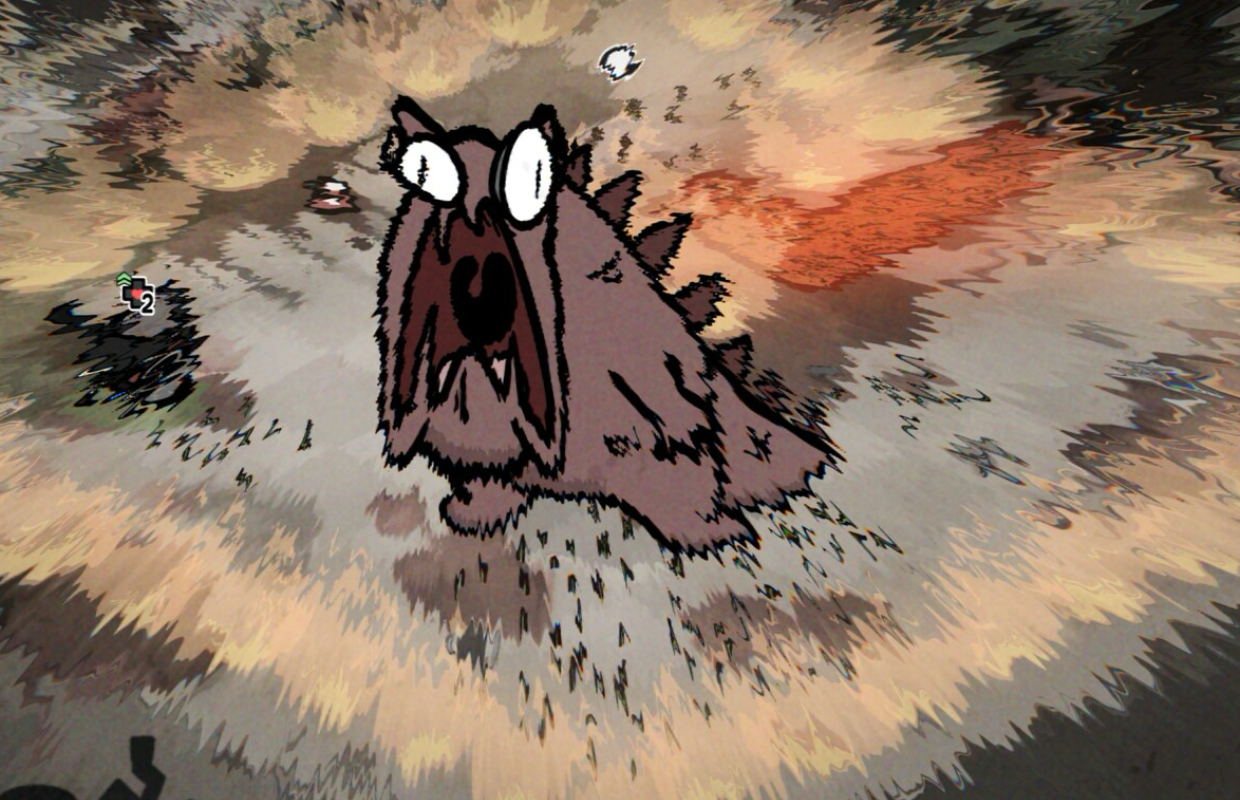
Mewgenics offers a lot of customization options. You can choose fullscreen mode, adjust graphics quality with anti-aliasing (ranging from off to 8x), and enable or disable v-sync. You can also change the render scale (from 20% to 100%) and adjust the size of tooltips and the status bar. The game lets you fine-tune visual effects like vignette flicker, noise, and grain, which can be demanding on your system – you can turn them off completely for a cleaner look. Beyond video settings, you can modify combat speed and audio levels. I only adjusted the volume of the ‘Meow’ sound effect, as it became repetitive during battles, but it was fine otherwise. Interestingly, Mewgenics also includes an option to toggle ‘Humping Animations’ which affect the breeding animation that occurs at night.









